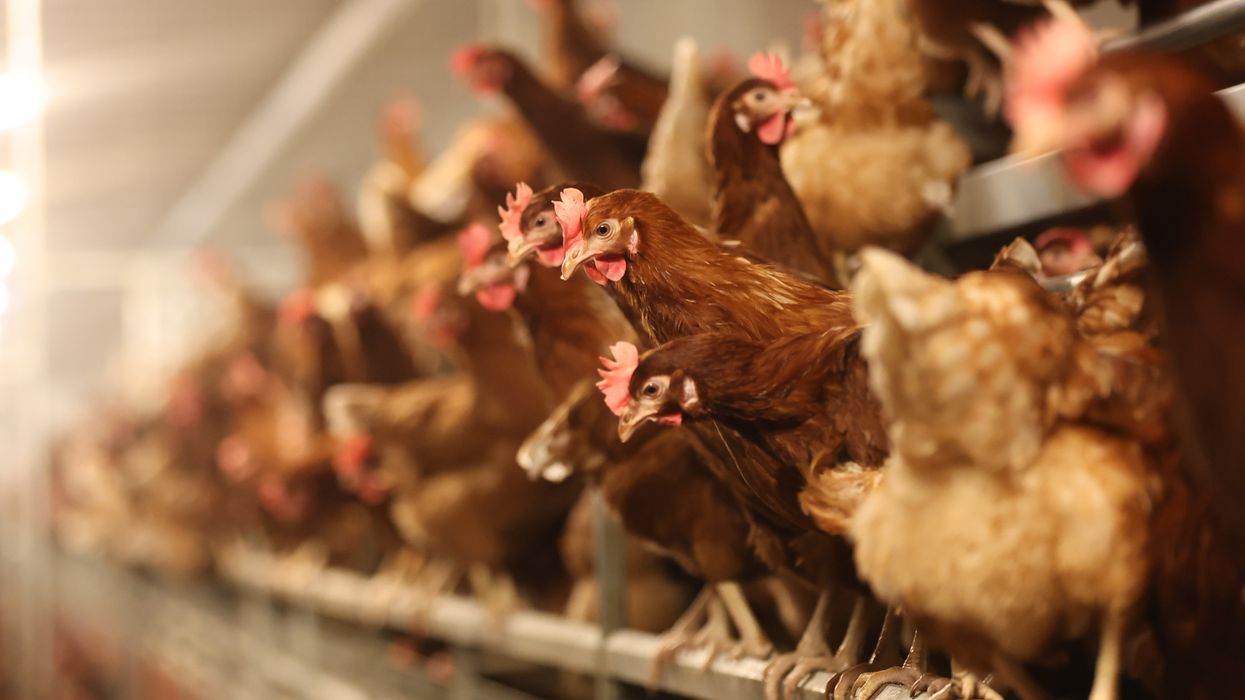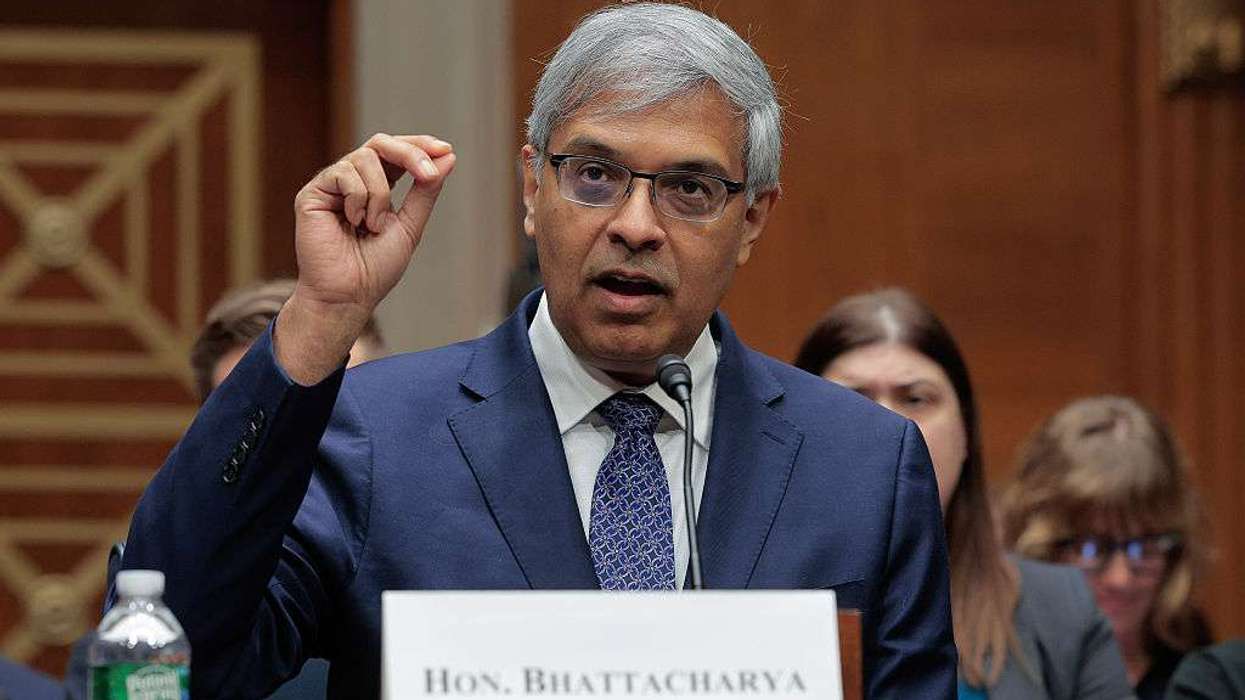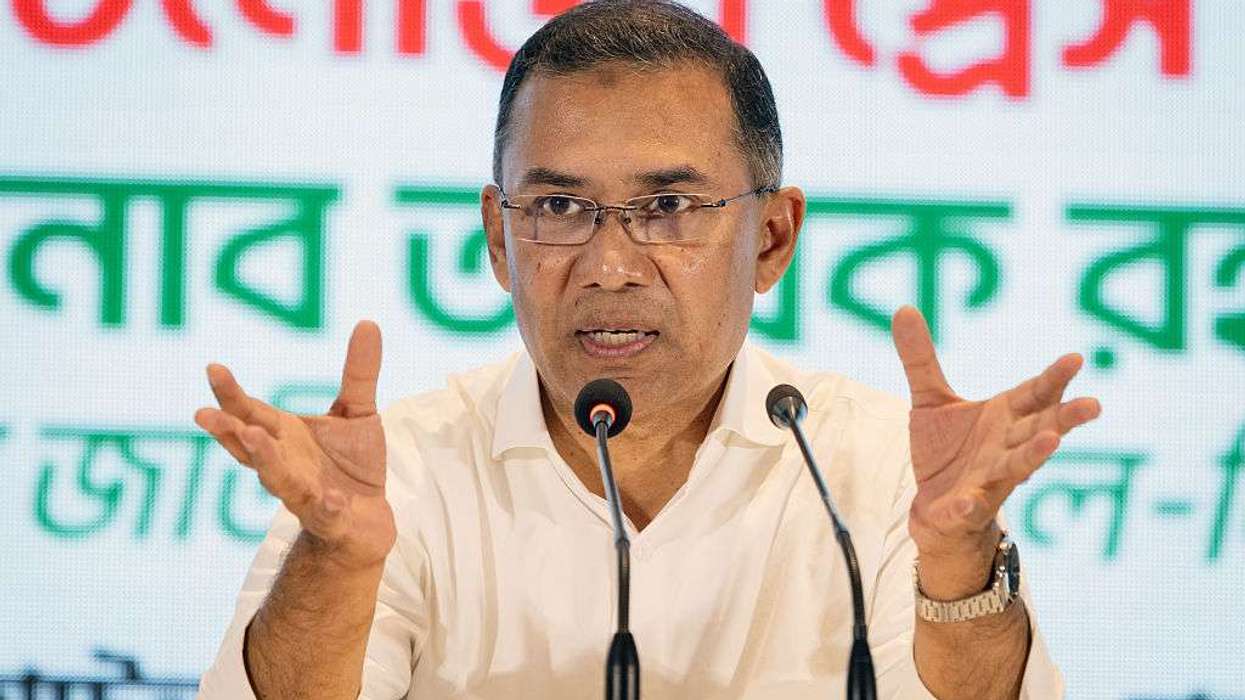THE GOVERNMENT has announced a ban on "bird gatherings" in England as part of efforts to contain the spread of avian influenza.
The ban, which comes into effect from midday on Monday, will apply to fairs, markets, and shows involving various bird species.
"This includes ducks, geese, swans, pheasants, partridge, quail, chickens, turkeys, and guinea fowl," the environment ministry said in a statement.
The decision follows the virus spreading across "multiple areas," the ministry said.
Under UK regulations, "bird gatherings" refer to bird fairs, markets, sales, exhibitions, and certain premises used for dealing or online sales. Vehicles used to transport birds from multiple locations are also classified as gatherings.
There have been 27 confirmed cases of bird flu in England and one in Scotland during the current outbreak. Last week, an affected poultry farm in Norfolk saw birds culled after the virus was detected.
The virus spreads through droppings, saliva, and contaminated food and water.
Vaccination against bird flu is currently not permitted in the UK, except in zoos. Some farming organisations have called on the government to allow inoculations.
Health authorities have so far reported one rare case of bird flu in a human and have stated that "the risk to the general public's health is very low."
However, concerns are growing among farmers over the potential spread of the disease.
(With inputs from AFP)




